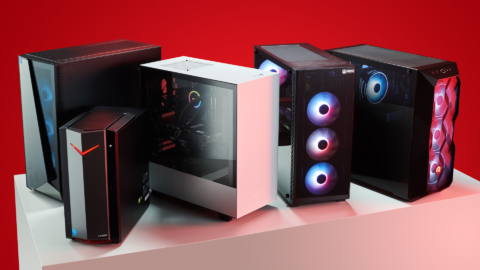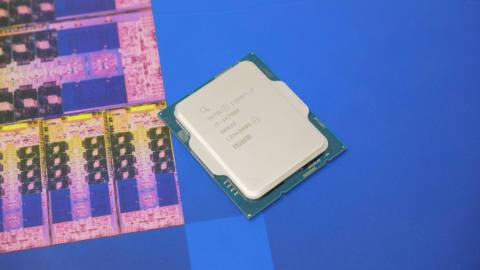As we've already discussed, Qualcomm's Computex keynote was a little light on new details, facts or figures. But one item did leap from the stage floor. With the Snapdragon X Elite chip, the Dell XPS 13 absolutely obliterates the Intel version for battery life.
Dell's senior suit Sam Burd was invited to take a turn by Qualcomm CEO Cristiano Amon. Speaking about Dell's adoption of the X Lite chip, Burd said “Dell has gone all in. We have built a comprehensive portfolio of AI PCs, from gaming to premium consumer PCs and mainstream business laptops to powerful workstations.”
The “gaming laptop” bit seems like a bit of a stretch. But Burd's specific claim regarding the XPS 13 model in particular caught our attention. “Our thinnest, lightest XPS now delivers multi-day battery life,” Burd claimed.
He reckons the XPS 13 is now industry-leading in that regard with up to 27 hours of streaming video capability. That is a very impressive number.
Burd didn't quote a comparison figure for the XPS 13 with Intel's latest Meteor Lake CPU. So, off we went to Dell's website. The answer? The Intel-equipped XPS 13 with the same 55Wh battery and the same Display 13.4-inch 1080p 500 nit screen is rated by Dell as offering up to 18 hours of battery life.
So that's essentially the same laptop in the same chassis with the same battery, and the switch from Intel x86 to Qualcomm Snapdragon X Elite nets you an extra nine hours of battery life. That's pretty incredible.
Dell wasn't the only brand bigging up the X Elite's battery life at the event. Lenovo spoke of “multi-day” battery life, too, while both Acer and HP's sections of the Qualcomm presentation called out models running the Snapdragon X Elite chip with 26 hours of battery life.

Of course, Intel has its own more advanced laptop chip coming later this year, known as Lunar Lake. It's believed to be built using entirely TSMC silicon, which bodes well for efficiency. But even so, it's hard to believe it's going to match the X Elite for longevity.
If it did, that would represent by far the biggest gains Intel has ever made from one CPU generation to the next when it comes to battery life. Anyway, while we have our doubts about the X Elite's gaming prowess, we're definitely excited about the idea of a laptop that can go two days between charges.






